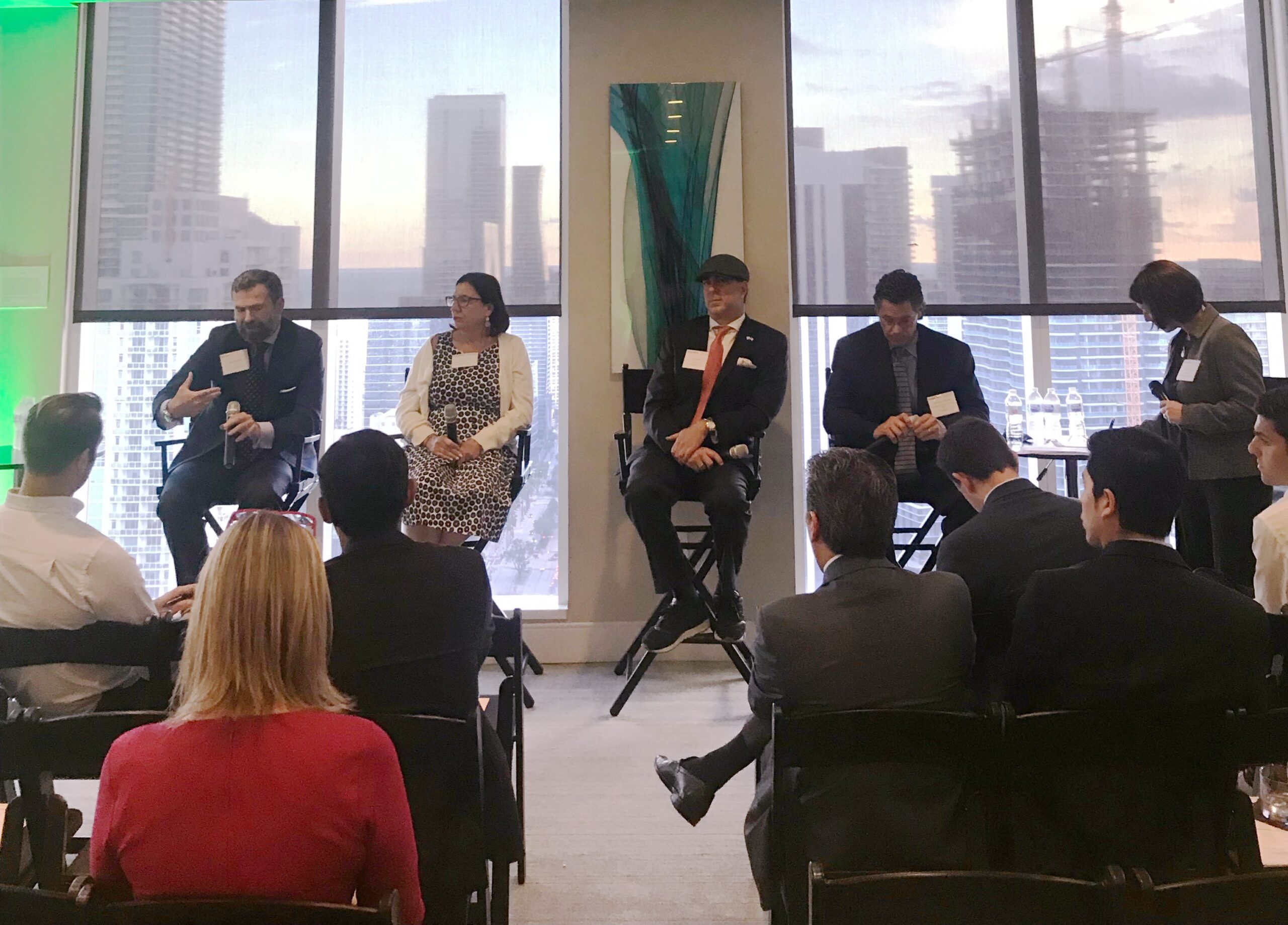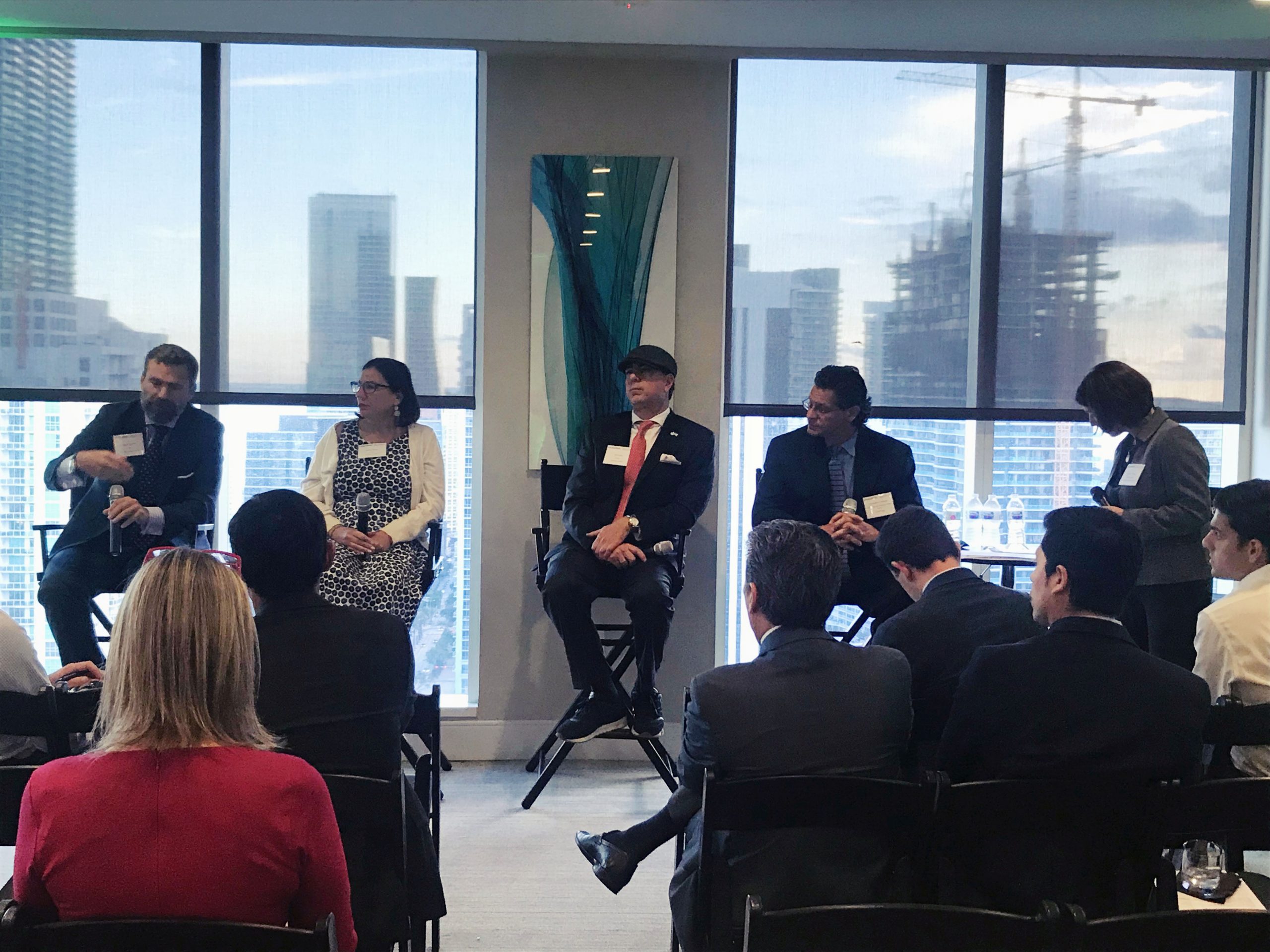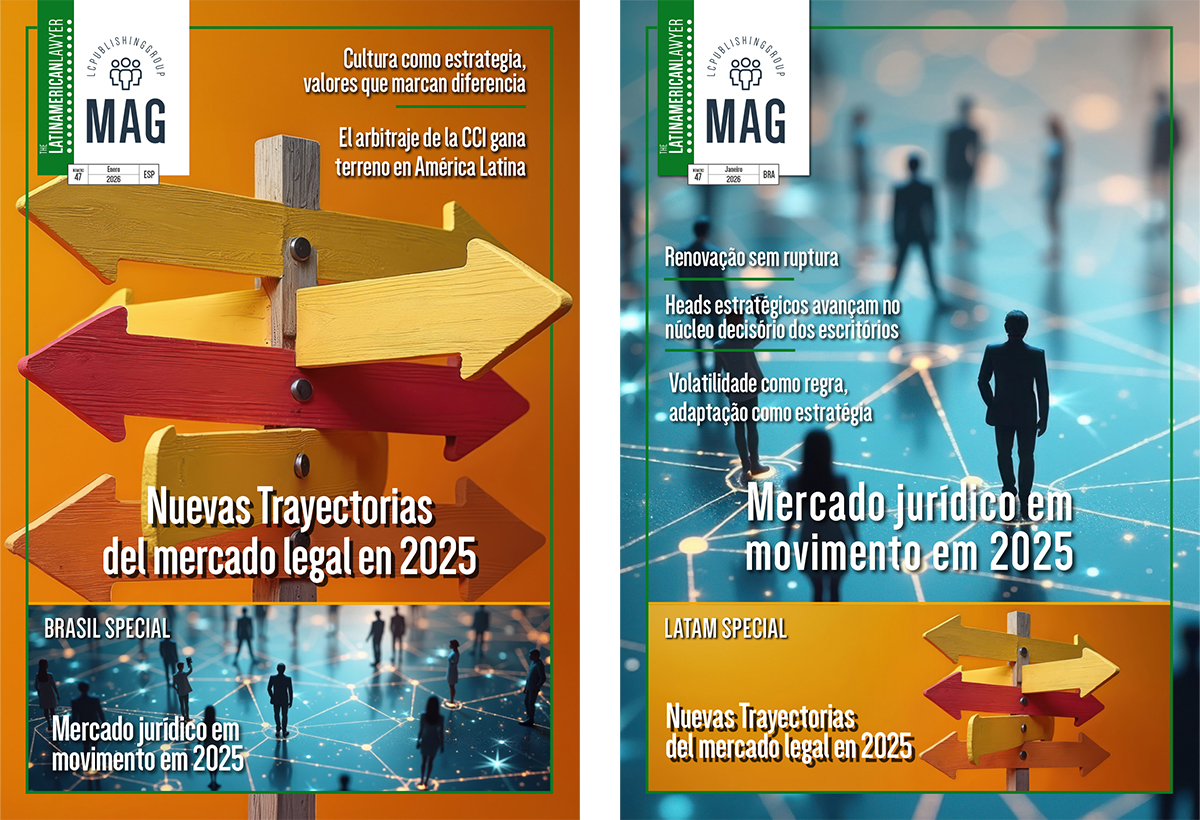Transparency is key to optimising investment portfolios in the US

Given the recent tax reforms and changes to immigration rules, the US economic landscape has radically changed. The implications for wealth management and tax efficient planning are far reaching.

See more information on the event here
The expert panel at the Greenspoon Marder Wealth Management Forum by The Latin American Lawyer, held in Miami, included Carl H Linder, partner at Greenspoon Marder, Christopher J Galuppo, Director and international tax practice leader at Daszkal Bolton, Joaquin Quirante, CEO at Four Trees Merchant Partners and Patricia L Gannon, partner at Greenspoon Marder.
Attendees heard that addressing the “perfect storm” of constantly shifting regulation, increased demands for transparency, economic cycles as well as political and business uncertainty can force corporations, individuals and their advisers to reconsider their strategies for protecting assets and estates.
TAX COMPLIANCE REQUIREMENTS
With regard to the US, Linder said that there were “more government resources within the Internal Revenue Service being placed with the Large Business & International Division in order to focus on global family offices with large foreign investments and fiscal transparency is a key tax compliance requirement”. This is becoming increasingly common as tax authorities around the world are reviewing international business transactions and the tax structures that are implemented for such transactions.
Experts agree that many more countries are becoming more proactive and enforcement related to global tax issues is on the rise. This has a direct impact on businesses as compliance-related paperwork can delay these types of transactions. However, Linder said the US is “still the number one asset protection country in the world for global investors”.
Companies realise that regulations are now stricter but the question is whether the enforcement and investigation of transactions is effective. Galuppo said tax agencies are “very proactive investigating foreign investment and money laundering”. He added: “The US Tax authorities are requiring transparency as additional tax/reporting requirements – penalties for failing to comply can be substantial.”
CRITICAL MASS
Investors around the world, and in particular those in Latin America, are looking for alternative assets and “critical mass”. According to Quirante, many investors are “looking for a window to buy assets in the US in sectors such as energy, technology or real estate – the issue is that to manage those assets in the long term, it is important to be in the US”.
With the need to diversify investment portfolios, as well as an increased emphasis on financial and personal security, high net-worth individuals (HNWIs) and family offices are exploring alternative “citizenship options”.
TOUGHER IMMIGRATION REGULATION
Tougher, and often confusing, immigration legislation might discourage investors from applying for citizenship in another jurisdiction. “The key is to do a proper planning for each case individually”, says Gannon. “When planning for citizenship you need to look for every option, as the US has very advantageous treaties with other countries”
From a tax perspective, it is important also to look into dual taxation treaties and analyse whether they make the process any easier. In principle, those countries tend to exchange information for transparency purposes, but the tax rates that business operators pay when they qualify are lower than average.
In the case of businesses from Latin America, there is a wave of CRS (Common Reporting Standard) planning in the US because reporting to countries of origin is stricter. Advisers have an obligation to ensure the money is sourced. This is to stop “illegitimate money” being moved.
Wealth management investors form the “millennial” generation are more open to alternative investments, attendees heard. In particular, they are interested in technology, and they are moving away from traditional banking or lending methods. They seem to be “braver” in their investments, participants were told.
The new generation of investors do not seem to value “flags or governments, and instead see themselves as citizens of the world”, attendees heard. “Investors nowadays have to be open and avoid pre-conceptions to succeed in the US,” said Quirante.















